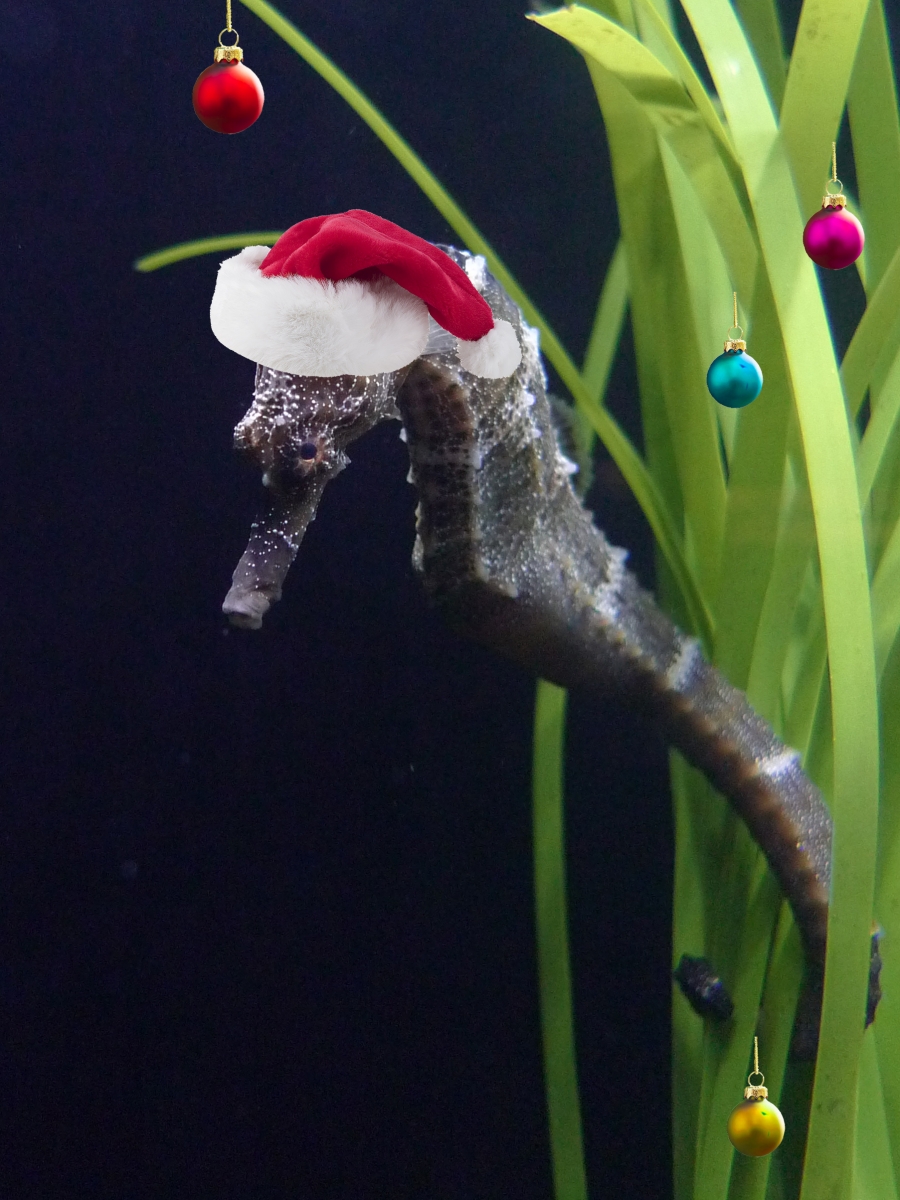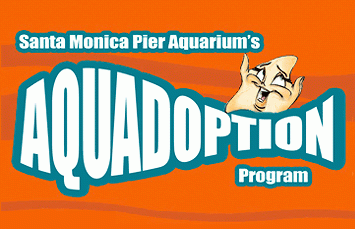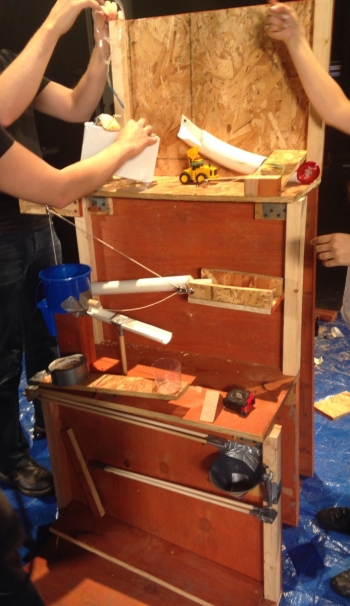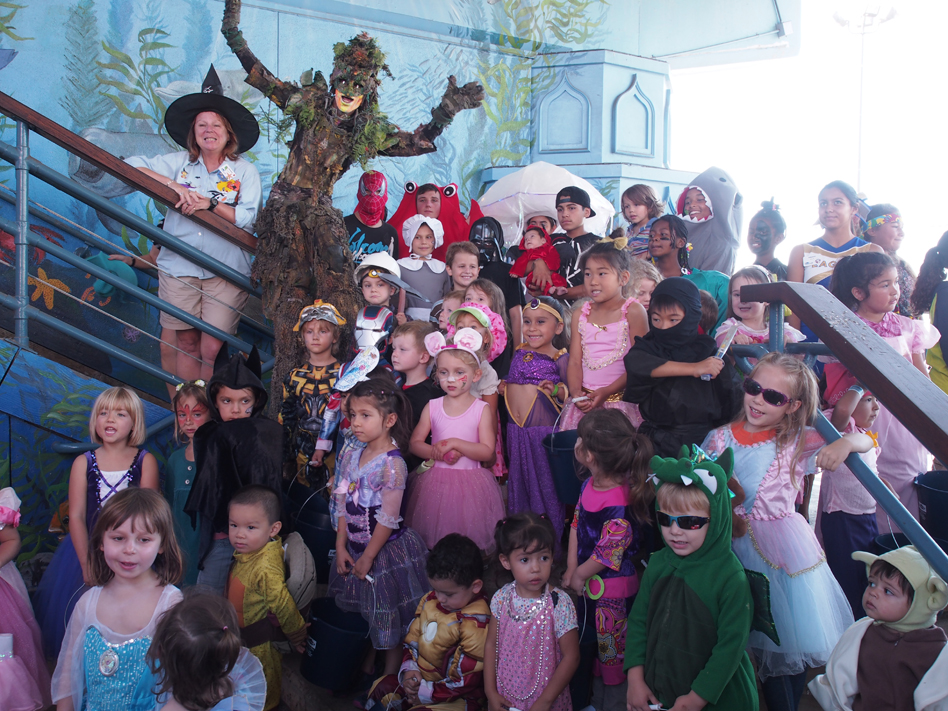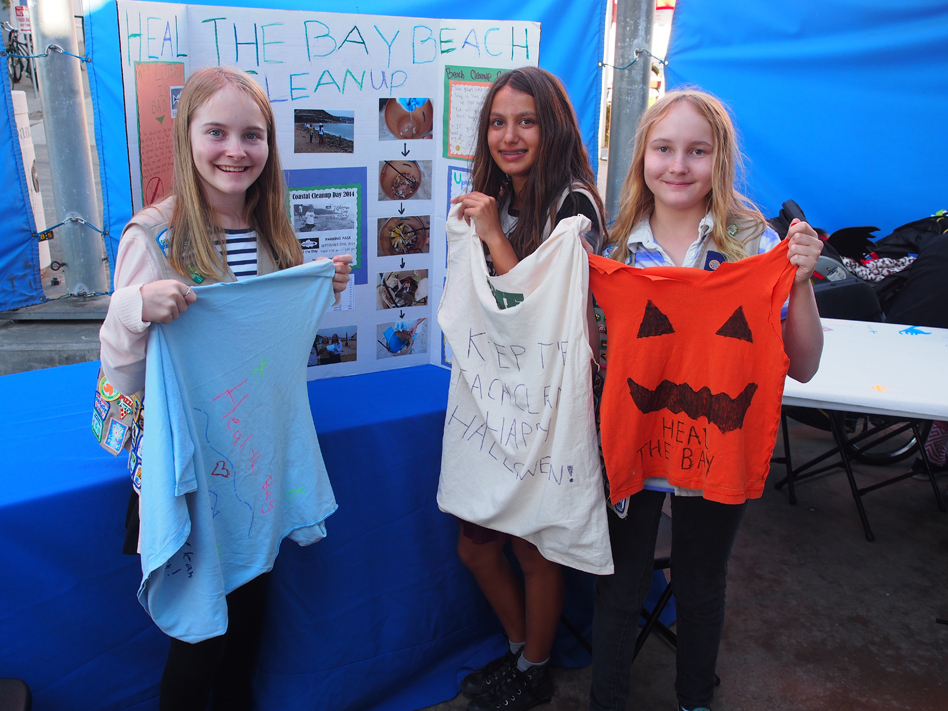And they SCOOOOOooo-o-o-o-o-re!! The amazing staff at the Staples Center that is. Our passionate and devoted volunteers who make up the Heal the Bay Board of Directors were treated to a very special quarterly board meeting hosted at the Staples Center on Jan. 14.
With the important business of the day wrapped up, staff and board members enjoyed a Los Angeles Kings hockey game from their own plush suite in Hyde Lounge, complete with tasty beverages and snacks, and the best seats in the house.
Though our beloved Kings lost to the New Jersey Devils 5-3, everyone came away feeling like a winner, thanks to the gracious hospitality and generosity of Brian Hart, general manager at Hyde Staples, Laurel Washburn, sales and marketing Coordinator at Hyde, Ashley Sinclair, special events coordinator at Staples and Sanjay Bawan of RYG Events — definitely the “A” Team of event coordination! Heal the Bay is deeply grateful for the support.
Speaking of support, last month’s Heal the Bay Youth Summit in Hermosa Beach received delicious help from Jeff Belandi, owner of Watermans Safe House for Surfers in Hermosa Beach. Belandi’s surf-centric restaurant provided lunch for our high school students, volunteers and staff.
And finally thanks to Boeing for hosting a Corporate Healer Beach Cleanup earlier this week. Fifty-nine employees cleaned the beach in Santa Monica, collecting 47 pounds of trash.



